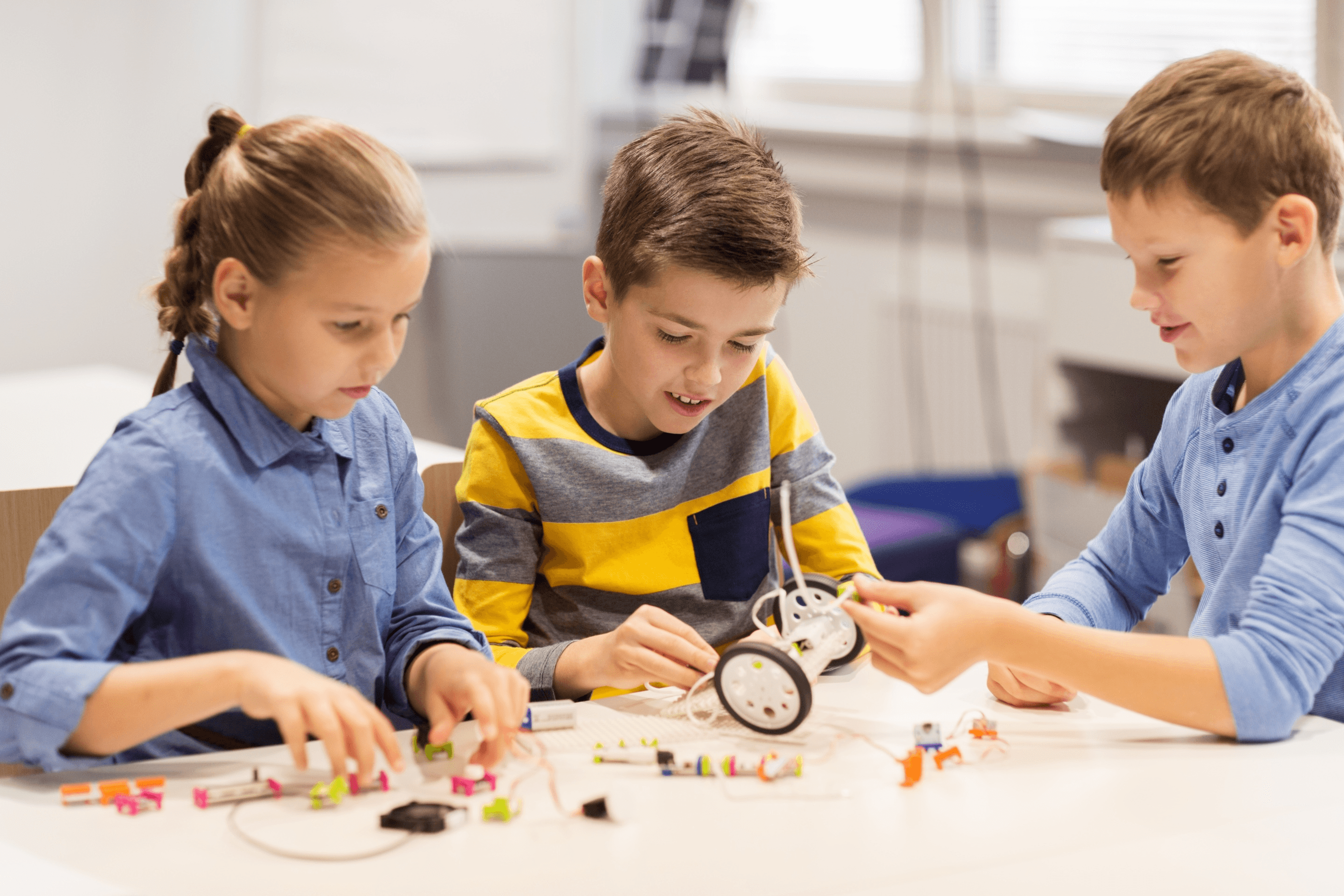Working directly with children in a professional setting requires some form of educational training. Students that are interested in obtaining an online child care education have several training options to choose from. Online colleges and universities provide students with educational opportunities at every level of education to prepare them for a career.
Education provides students with the skills to care for infants and young children inside child care clinics, preschools, and individual homes. Specific child care degree programs are only offered at the certificate and associate's degree level of education. Further educational study at the bachelor's and master's degree level is available in early childhood education or child development programs. Education allows students to step into teaching and management positions. Graduate training at the doctorate level of education allows students to function as administrators or work as professors.

Students that can't dedicate time to a full associate's degree can work through a certificate program. Most colleges require students to complete 15 to 30 credit hours of schooling to complete a program. Depending on the college chosen education may last anywhere from six to twelve months. Inside a program student's examine child care practices in regards to development and they learn first aid procedures for children and infants. Psychology, basic nutrition, and behavioral observation are major courses taken online.
Child care management certificate programs are also available for students that desire to enter careers in administration. Students study how to effectively communicate with children and their parents. Nutrition, safety, and discipline are three main areas explored in a management program. Child development is also highly focused on. Common coursework includes topics on special needs care, child abuse identification, child discipline, and education for young children. Further education at the associate's degree level is the best option for students seeking entry-level careers.
Training at the associate's degree level prepares students to deal with numerous aspects pertaining to discipline and education. Some online schools and colleges may offer students concentrations, which may include director, pre-school, and infant child care. Some specific online courses could include:
Child Psychology
Working with Parents
Child Guidance
Students will learn the practices needed to establish a satisfying career. Inside discipline courses students will learn the different styles in regards to the strengths and weaknesses of using each. Appropriate disciplinary actions are covered as well as industry tested punishment procedures. Students also cover the five domains of child development and how to positively increase those areas through child care education.
Online students need to be aware that the industry requires hands-on experience to graduate from a program. Students will need to seek out supervised training from the school they are attending or one in their hometown. This restriction is put in place to give students practical experience before they enter a career. Students learn to put their knowledge to the test when directly working with children in a care setting.
Education provides students with the skills to care for infants and young children inside child care clinics, preschools, and individual homes. Specific child care degree programs are only offered at the certificate and associate's degree level of education. Further educational study at the bachelor's and master's degree level is available in early childhood education or child development programs. Education allows students to step into teaching and management positions. Graduate training at the doctorate level of education allows students to function as administrators or work as professors.

Students that can't dedicate time to a full associate's degree can work through a certificate program. Most colleges require students to complete 15 to 30 credit hours of schooling to complete a program. Depending on the college chosen education may last anywhere from six to twelve months. Inside a program student's examine child care practices in regards to development and they learn first aid procedures for children and infants. Psychology, basic nutrition, and behavioral observation are major courses taken online.
Child care management certificate programs are also available for students that desire to enter careers in administration. Students study how to effectively communicate with children and their parents. Nutrition, safety, and discipline are three main areas explored in a management program. Child development is also highly focused on. Common coursework includes topics on special needs care, child abuse identification, child discipline, and education for young children. Further education at the associate's degree level is the best option for students seeking entry-level careers.
Training at the associate's degree level prepares students to deal with numerous aspects pertaining to discipline and education. Some online schools and colleges may offer students concentrations, which may include director, pre-school, and infant child care. Some specific online courses could include:
Child Psychology
Working with Parents
Child Guidance
Students will learn the practices needed to establish a satisfying career. Inside discipline courses students will learn the different styles in regards to the strengths and weaknesses of using each. Appropriate disciplinary actions are covered as well as industry tested punishment procedures. Students also cover the five domains of child development and how to positively increase those areas through child care education.
Online students need to be aware that the industry requires hands-on experience to graduate from a program. Students will need to seek out supervised training from the school they are attending or one in their hometown. This restriction is put in place to give students practical experience before they enter a career. Students learn to put their knowledge to the test when directly working with children in a care setting.

